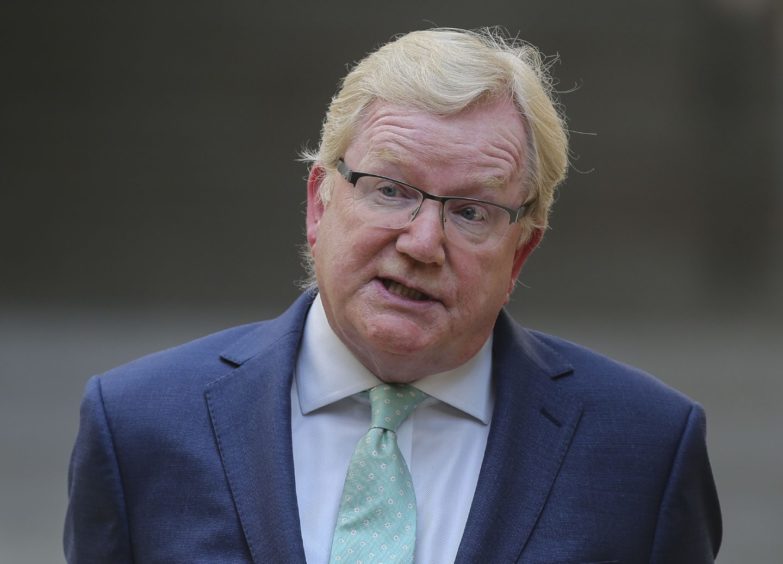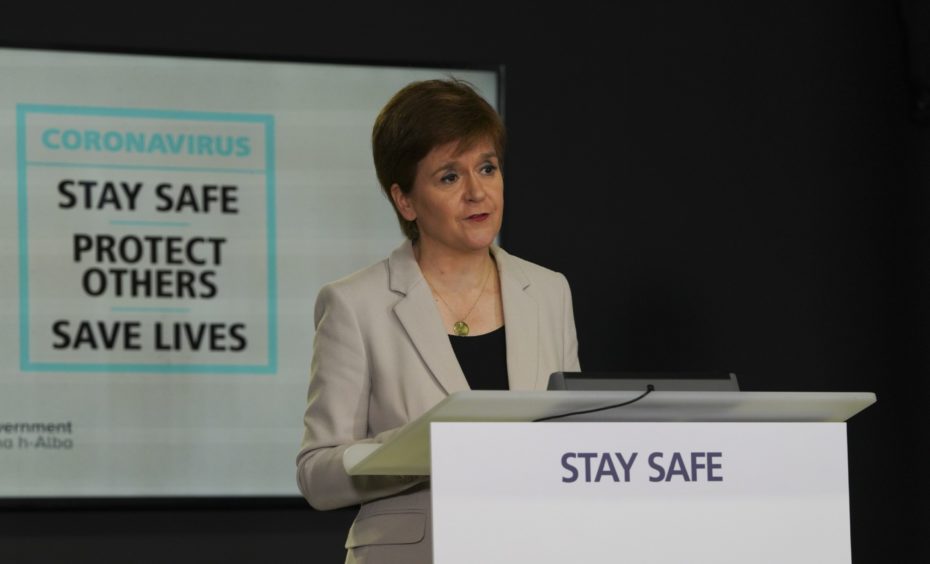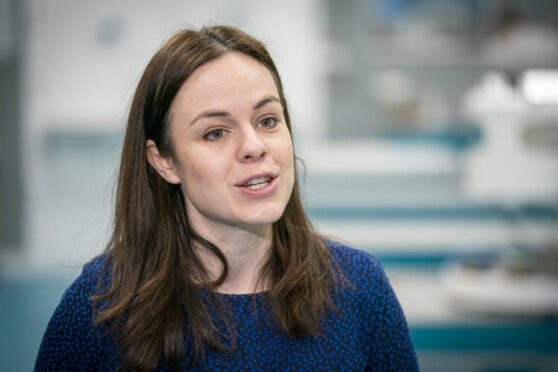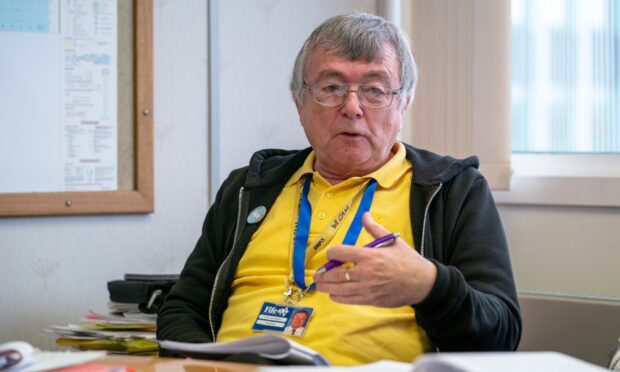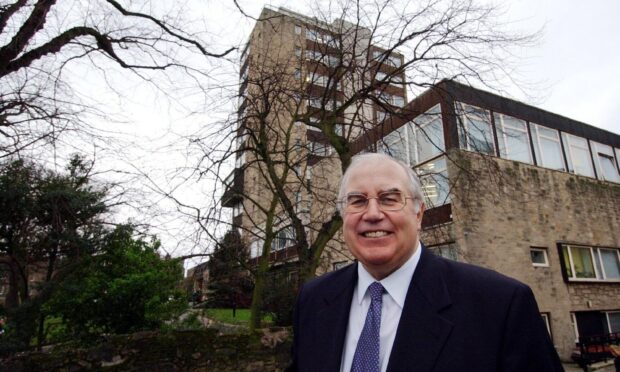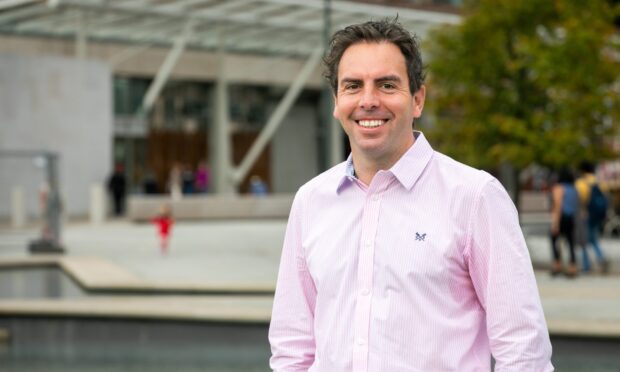Cutting Scottish “stamp duty” to match the UK Government could cost the government a “significant” amount of taxes but make nine in 10 house sales in Scotland “tax free”, it has been claimed.
The Scottish Government remains tight-lipped on whether it will match the UK Government’s plans to scrap stamp duty on houses worth less than £500,000 as part of Westminster’s economic stimulus plan in the wake of the coronavirus shutdown.
Stamp Duty, or LBTT (land and buildings transaction tax) as it is known in Scotland, is devolved to Scottish ministers at Holyrood.
The Chartered Institute of Taxation (CIOT) claims removing the duty would see up to 90% of Scotland’s homes being sold “tax free”.
The Scottish Government collects as much as £23,000 in LBTT on houses worth £500,000.
Current LBTT cost
At the moment, no tax is taken on a house sale of a value less than £145,000 in Scotland.
Between £145,001 and £250,000 a 2% rate is taken, 5% on the portion between £250,000 and £325,000, 10% within the next band up to £750,000 and 12% over that.
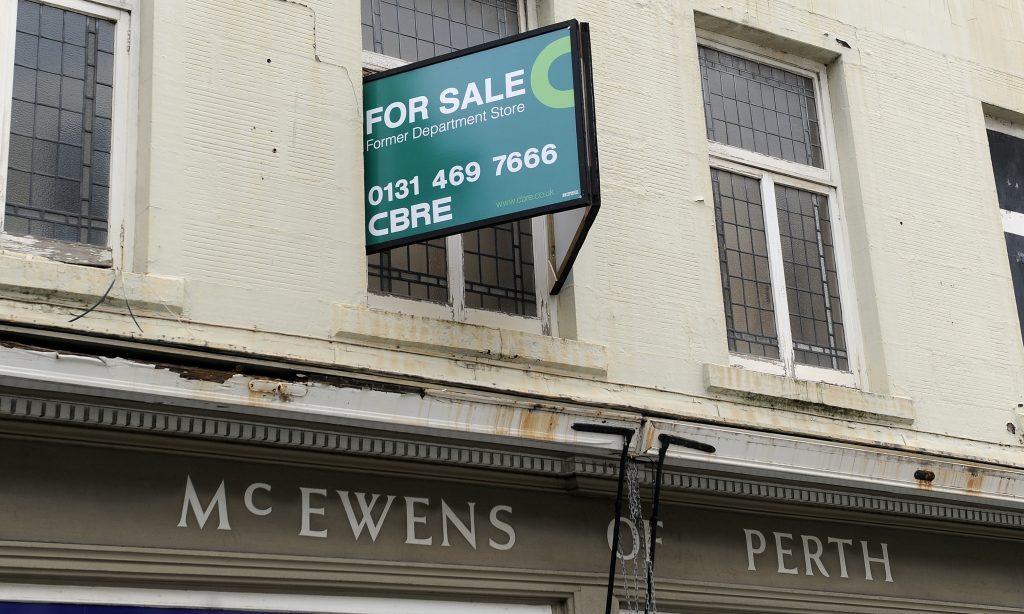
If the change was introduced someone buying a house at the average Scottish house price of £179,541 would expect to save £690 in LBTT, according to the CIOT.
It is uncertain who would gain from a change of this kind.”
Joanne Walker, Chartered Institute of Taxation
As one of the few ways the Scottish Government can raise funds, any reduction in LBTT would lessen the amount of tax Holyrood could collect.
Uncertain who would gain
Joanne Walker, CIOT Scottish technical officer, said: “If the Scottish Government increased the threshold for LBTT to £500,000 it would have the effect of taking the vast majority of currently taxable house sales in Scotland out of LBTT altogether, resulting in a significant reduction in LBTT receipts.
“In a normal year, around 45 per cent of house sales in Scotland aren’t liable for LBTT. Increasing the threshold to £500,000 would double this by taking over 90 per cent of house sales out of LBTT altogether.
“We would also see a proportion of the nine per cent or so of transactions worth between £325,001 and £750,000 being taken out of the 10 per cent LBTT rate.
“Those types of sales alone contributed around 55 per cent of all residential LBTT that was paid in Scotland in 2019/20 and represent a significant proportion of all LBTT paid.
“Based on the most recent Registers of Scotland data on the average house price in Scotland, a sale of this kind would generate an LBTT liability of £690.
“It is uncertain who would gain from a change of this kind. A 2011 UK Government study found that a previous cut to help first-time buyers was mostly absorbed in a higher house price, benefiting sellers rather than purchasers.”
Scottish Tories call for policy to be replicated
Scottish Conservative leader Jackson Carlaw said the reduction could stimulate the housing market.
He said: “This announcement by Rishi Sunak will get the housing market moving again immediately, and that’s vital on a number of levels.
“The SNP must do the same, otherwise the consequences for families and the wider economy will be dire.
“This change will not just increase the number of properties bought and sold after months of lockdown.
“It will provide a boost to all those trades who depend on people moving home, decorating, renovating and generally making choices which keep the wheels turning for small businesses.
“The importance of this move for jobs and growth in Scotland cannot be underestimated.”
First Minister Nicola Sturgeon would not be drawn on whether Holyrood would follow suit when asked during the coronavirus press briefing, which broadcast at the same time as the Chancellor’s statement.
She said: “I am sure you will allow me to take a bit of time to consider the detail of all of the Chancellor’s announcement and discuss these with the Finance Secretary and others.
“Where there are decisions for us in some of the decisions he has announced, we will set that out quickly.
“The Finance Secretary has a statement in parliament on Thursday and will respond to the Chancellor’s statement today.”


